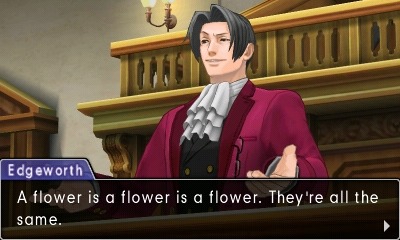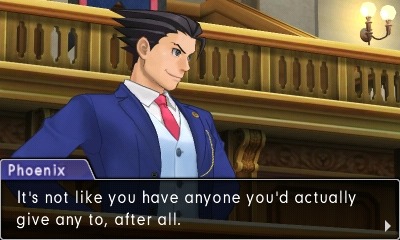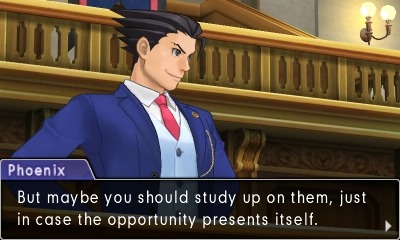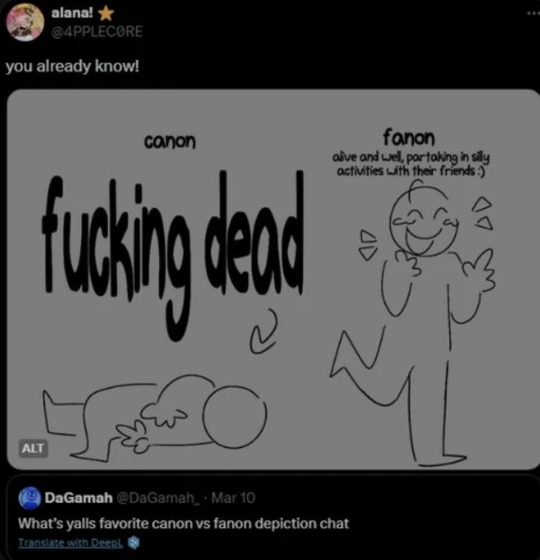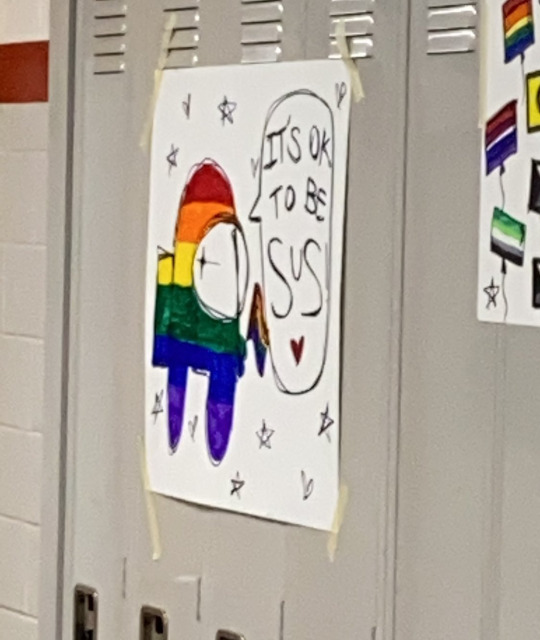Text
The current state of pop girlies is so funny like
Ariana Grande: getting dragged for homewrecking with the guy who played SpongeBob in the SpongeBob musical
Taylor Swift: dropping her worst album in years about how deeply obsessed she is with Matty Healy
Billie Eilish, for some reason:

24K notes
·
View notes
Text
I think that the real essence of a 'trans' story isn't actually about gender at all, so much as it's about going through a transition from one state where you're miserable and unhappy and wish for death or feel like you're already dead to another radically different state where...you're content. You're just content. You had something chronically wrong with you, like a painful screeching that just becomes the background noise of your existence and then...it's gone. You are, in some ineffable cosmic sense, where you belong.
814 notes
·
View notes
Text
So, there's a dirty little secret in indie publishing a lot of people won't tell you, and if you aren't aware of it, self-publishing feels even scarier than it actually is.
There's a subset of self-published indie authors who write a ludicrous number of books a year, we're talking double digit releases of full novels, and these folks make a lot of money telling you how you can do the same thing. A lot of them feature in breathless puff pieces about how "competitive" self-publishing is as an industry now.
A lot of these authors aren't being completely honest with you, though. They'll give you secrets for time management and plotting and outlining and marketing and what have you. But the way they're able to write, edit, and publish 10+ books a year, by and large, is that they're hiring ghostwriters.
They're using upwork or fiverr to find people to outline, draft, edit, and market their books. Most of them, presumably, do write some of their own stuff! But many "prolific" indie writers are absolutely using ghostwriters to speed up their process, get higher Amazon best-seller ratings, and, bluntly, make more money faster.
When you see some godawful puff piece floating around about how some indie writer is thinking about having to start using AI to "stay competitive in self-publishing", the part the journalist isn't telling you is that the 'indie writer' in question is planning to use AI instead of paying some guy on Upwork to do the drafting.
If you are writing your books the old fashioned way and are trying to build a readerbase who cares about your work, you don't need to use AI to 'stay competitive', because you're not competing with these people. You're playing an entirely different game.
3K notes
·
View notes
Text

How you can take action to stop Israel’s genocide
10K notes
·
View notes
Text
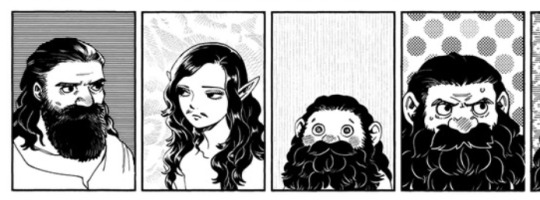
Obsessed with the implication that Halflings can grow a full big beard but Elves can't.
Imagine if Chilchuck stopped shaving
2K notes
·
View notes
Text
TIL Dr. Sigmund Freud was addicted to smoking and failed to quit for good throughout a 45 years long battle that included 33 operations for cancer of the jaw, an artificial jaw replacement, and attacks of “tobacco angina” exacerbated by nicotine . He was known to smoke up to twenty cigars a day.
via reddit.com
120K notes
·
View notes
Text

Imagine that. You're Aragorn. You're Isildur's heir. You inspire loyalty wherever you go. All who know you love you. Your people will follow you into the gates of hell. You're a deadly and valiant soldier, yet your hands also have magical healing powers. You save Middle Earth and become a great and beloved king.
You're own creator still says you're not good enough for Eowyn
11K notes
·
View notes
Text
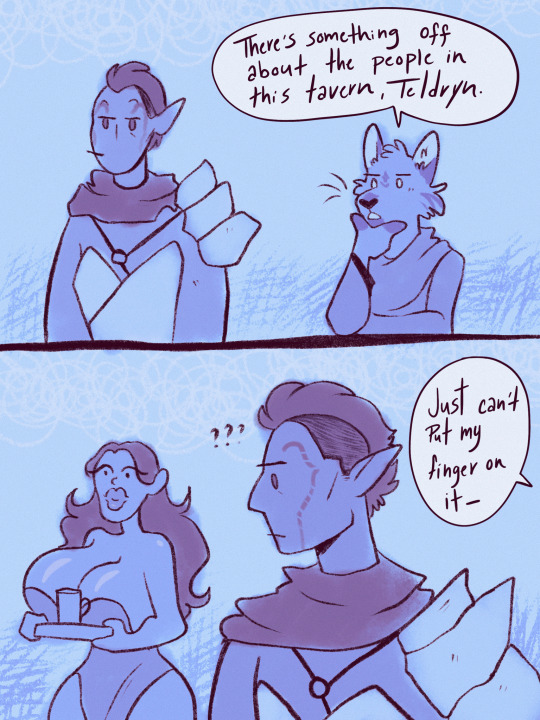
Forgot I left the wenches mod on and walked into the winking skeever the other day
178 notes
·
View notes
Text
I had a very interesting discussion about theater and film the other day. My parents and I were talking about Little Shop of Horrors and, specifically, about the ending of the musical versus the ending of the (1986) movie. In the musical, the story ends with the main characters getting eaten by the plant and everybody dying. The movie was originally going to end the same way, but audience reactions were so negative that they were forced to shoot a happy ending where the plant is destroyed and the main characters survive. Frank Oz, who directed the movie, later said something I think is very interesting:
I learned a lesson: in a stage play, you kill the leads and they come out for a bow — in a movie, they don’t come out for a bow, they’re dead. They’re gone and so the audience lost the people they loved, as opposed to the theater audience where they knew the two people who played Audrey and Seymour were still alive. They loved those people, and they hated us for it.
That’s a real gem of a thought in and of itself, a really interesting consequence of the fact that theater is alive in a way that film isn’t. A stage play always ends with a tangible reminder that it’s all just fiction, just a performance, and this serves to gently return the audience to the real world. Movies don’t have that, which really changes the way you’re affected by the story’s conclusion. Neat!
But here’s what’s really cool: I asked my dad (who is a dramaturge) what he had to say about it, and he pointed out that there is actually an equivalent technique in film: the blooper reel. When a movie plays bloopers while the credits are rolling, it’s accomplishing the exact same thing: it reminds you that the characters are actually just played by actors, who are alive and well and probably having a lot of fun, even if the fictional characters suffered. How cool is that!?
Now I’m really fascinated by the possibility of using bloopers to lessen the impact of a tragic ending in a tragicomedy…
57K notes
·
View notes



